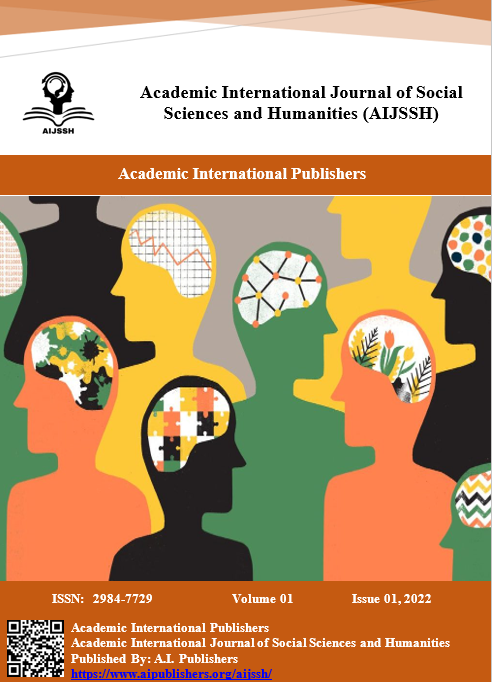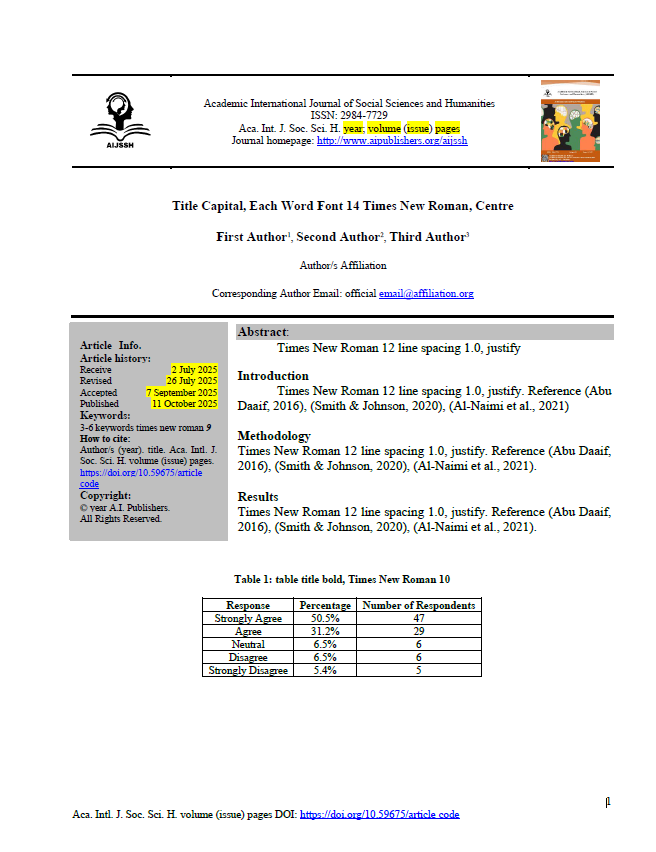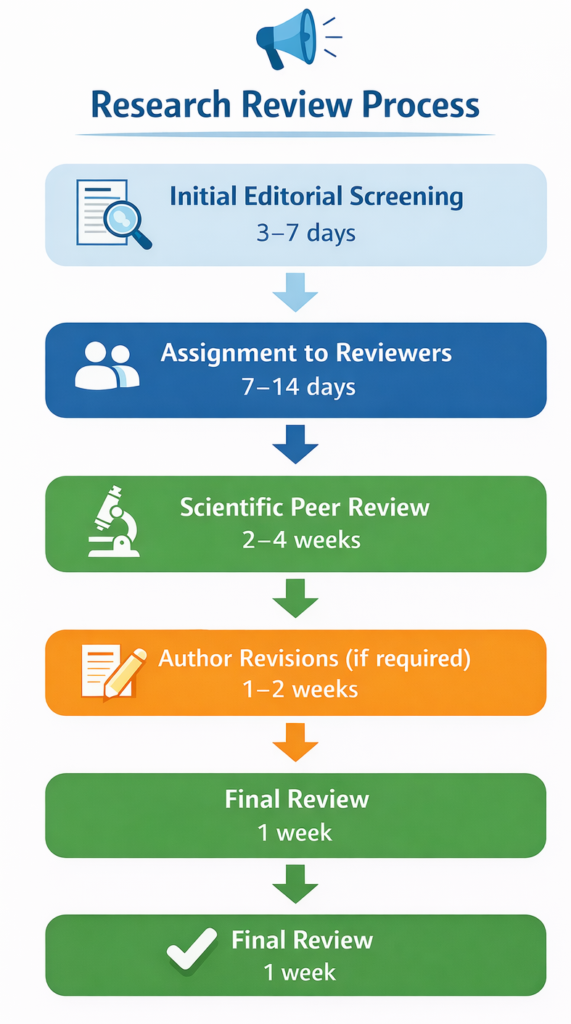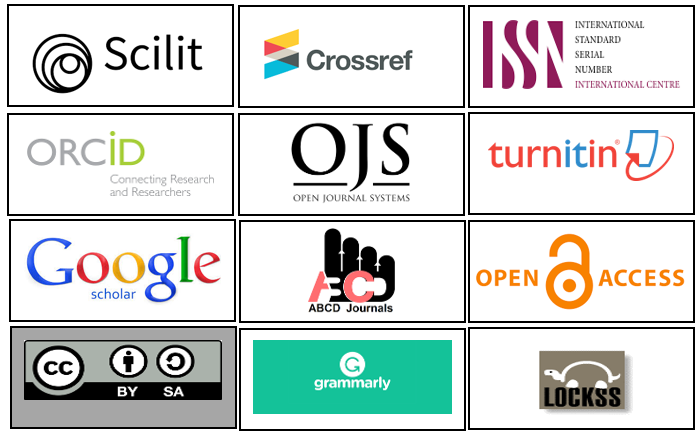Cause-Manifestations and Ways of Overcoming the Arabic Language Crisis
DOI:
https://doi.org/10.59675/S113Keywords:
Arabic language, language crisis, Arabic cultureAbstract
The Arabic culture and language have become a source of fascination and interest for many people, with some considering Arabic to be the world's most beautiful language. Islamic civilization has spread across the globe and is now a part of every culture. Even though spoken Arabic is made up of various Arabic dialects, Moroccan Arabic is distinctive from Egyptian Arabic, and Syrian Arabic is distinctive from Arabic spoken in Qatar or Iraq. With the increasing demand for studying Arabic for religious, cultural, and touristic purposes, we notice that the French language is still extensively spoken in Arabic countries like Morocco. This study investigates the trends that contributed to the decline of Arabic in favor of French. A variety of factors have been identified as contributing to this problem. This study tries to summarize the difficulties with the Arabic language and anti-Arabic groups and offer realistic options for resolving the situation before it is too late.
References
Abdel-Qader Al-Fassi Al-Fihri, Abdel-Razzaq Torabi and Ahmed Brisoul. (2002). Language Questions Publications of the Institute of Studies and Research for Arabization
Al-Awraghi, Muhammad, (2015), The Tongue of the Civilization of the Qur’an, first edition, Beirut - Rabat, Arab House of Science Publishers, Al-Dakhif Publications and Dar Al-Aman, Al-Dar Al-Arabiya for Science Publishers.
Abdel-Qader Al-Fassi Al-Fihri, (2007). Dialogue of Language, prepared by Hafez Al-Ismaili Al-Alawi, edition.
Zaghoul, Muhammad Raji, (2011), Studies in Arabic and Social Linguistics, Hamada Foundation for University Studies, Publishing and Distribution, Zawya Publications.
Al-Fassi Al-Fihri, Abdel Qader, (2013), Linguistic Politics in the Arab Countries, first edition, The New United Book House.
Watzke, J. L. (2007). Foreign language pedagogical knowledge: Toward a developmental theory of beginning teacher practices. The modern language journal, 91(1), 63-82.
Sami, L. D. N. (2020). The Effect of the Arabic Language on Legal Text Legislation.
Maamouri, M. (1998). Language education and human development: Arabic diglossia and its impact on the quality of education in the Arab region.
Al-Maatouq, Ahmed Muhammad, (2005), Theory of the Third Language, A Study in the Case of the Middle Arabic Language, First Edition, Casablanca, Cultural Center Publications.
Mahmoud, Ahmed El-Sayed, (2008), The Arabic Language and the Challenges of the Age, Damascus, Publications of the Syrian General Book Organization, Ministry of Culture.
Nahr, Hadi, (2015), the Arabic language and the challenges of globalization, first edition, Irbid, the modern world of books for publishing and distribution.
Al-Wadghiri, Abdel Ali, (2008), Language, Religion and Identity, Casablanca, Al-Najah New Press.
Afaq Magazine, (2006), No. 70-71, Morocco.
Al-Furqan Magazine, (2015), No. 65, Morocco.
Carlone, H., & Johnson, A. (2015). Unpacking ‘culture'in cultural studies of science education: Cultural difference versus cultural production. In Ethnographies of Science Education (pp. 9-31). Routledge.
Baroudi, S. E. (2004). The 2002 Arab human development report: Implications for democracy. Middle East Policy, 11(1), 132-141.
Salah, Bousrif. (2013). A tongue without a tongue and the problem of advocating public teaching in Moroccan schools, Al-Ahdath Forum. The Arabic Language Crisis: Causes, Appearances, and Ways to Overcome
Abdelkader, Fassi Fihri, Mohammed, (2012). VI Academy of the Arabic Language, now, why? and how? Socialist Union newspaper, issue 10024.
Dale, R. (2000). Globalization and education: demonstrating a" common world educational culture" or locating a" globally structured educational agenda"?. Educational Theory, 50(4), 427.
Fouad, Buali, (2013).Season of Advancement in the Arabic Language, Hespress June 06,.
Moulay Tohami, Bahtat. (2015). The Arabic language is still standing, Hespress,11
Downloads
Published
Issue
Section
License
Copyright (c) 2023 Academic International Journal of Social Sciences and Humanities

This work is licensed under a Creative Commons Attribution 4.0 International License.






